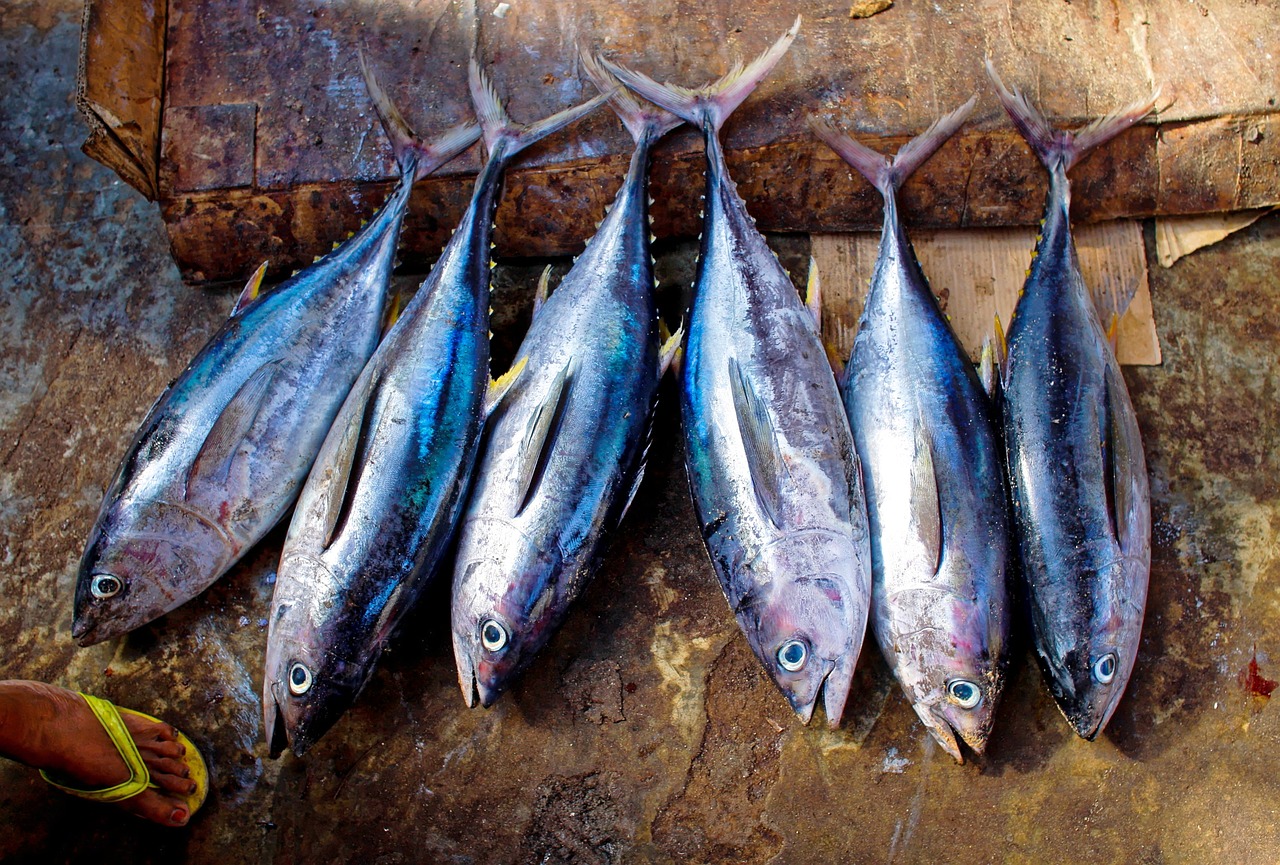U.S. Ambassador to Japan, Rahm Emanuel, has announced his upcoming visit to Fukushima Prefecture, scheduled for next Thursday. The purpose of the visit is to demonstrate support for Tokyo’s decision to release treated radioactive water from the damaged Fukushima nuclear plant into the sea. This decision has sparked significant opposition from China.
Emanuel’s itinerary includes a meeting with local fishermen, residents, and officials in the coastal city of Soma. He aims to showcase both physical and verbal support for Japan’s methodical approach to handling the water release. The International Atomic Energy Agency (IAEA) has already given its approval to Japan’s plan, asserting that it adheres to global safety standards and will have minimal radiological impact.
During his visit, Emanuel plans to consume fish caught from the area at a local restaurant, visit a seafood market, and hold talks with the city’s mayor. He commends Japan’s transparent, science-based, and internationally recognized approach to releasing the treated water into the Pacific Ocean. Emanuel believes this gesture will not only display solidarity but also emphasize the safety measures that Japan is taking.
Emanuel takes the opportunity to criticize China for its handling of nuclear waste, contrasting it with Japan’s responsible actions post-Fukushima disaster. He hopes China will adopt similar stringent standards and collaborate with international agencies for effective monitoring.
The contentious issue centers around tritium, a radioactive substance found in wastewater. While tritium is considered less harmful to humans, there are lingering health concerns in Japan, particularly among local fishermen who fear a negative impact on the reputation of their seafood.
While South Korea’s President Yoon Suk-yeol respects and trusts the IAEA’s assessment, there is domestic opposition in South Korea against Japan’s water release decision.
Since the Fukushima disaster, treated water has been stored in tanks at the nuclear plant site. However, with storage capacities reaching their limit, the Japanese government and Tokyo Electric Power Company Holdings emphasize that ocean release is necessary for the ongoing decommissioning work, which requires additional facilities.
In conclusion, Ambassador Emanuel’s visit to Fukushima Prefecture stands as a symbol of support for Japan’s carefully considered decision to release treated radioactive water into the sea. The move has garnered international attention, with the IAEA’s endorsement and varying reactions from neighboring countries like China and South Korea. Japan’s commitment to transparency and safety underscores its approach to addressing the aftermath of the Fukushima disaster.
